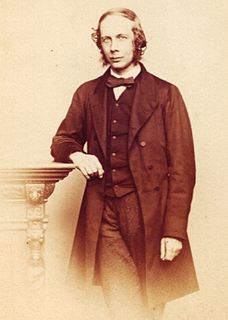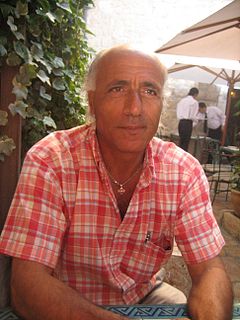A Quote by Robert H. Jackson
The power of citizenship as a shield against oppression was widely known from the example of Paul 's Roman citizenship, which sent the centurion scurrying to his higher-ups with the message: "Take heed what thou doest: for this man is a Roman".
Related Quotes
Every moment think steadily as a Roman and a man to do what thou hast in hand with perfect and simple dignity, and feeling of affection, and freedom, and justice; and to give thyself relief from all other thoughts. And thou wilt give thyself relief, if thou doest every act of thy life as if it were the last, laying aside all carelessness and passionate aversion from the commands of reason, and all hypocrisy, and self-love, and discontent with the portion which has been given to thee.
Jesus himself, and most of the message of the Gospels, is a message of service to the poor, a critique of the rich and the powerful, and a pacifist doctrine. And it remained that way, that's what Christianity was up... until Constantine. :Constantine shifted it so the cross, which was the symbol of persecution of somebody working for the poor, was put on the shield of the Roman Empire. It became the symbol for violence and oppression, and that's pretty much what the church has been until the present.
If you want a symbol of Roman power and strength look no further than the Praetorian or Imperial Guard. We could take this one step further. It was this world of Roman power into which Christ came, in which the Apostles ministered, in which the New Testament authors wrote, and in which Christianity came into being. And to all of those things, Rome stood opposed, violently opposed.
Give heed to the cause of the holy Roman Church, mother of all churches and teacher of the faith, whom you by the order of God, have consecrated by your blood. Against the Roman Church, you warned, lying teachers are rising, introducing ruinous sects, and drawing upon themselves speedy doom. Their tongues are fire, a restless evil, full of deadly poison. They have bitter zeal, contention in their hearts, and boast and lie against the truth.
We have talked about revoking French citizenship for some individuals. Therefore, I have decided to apply for citizenship, which in a way points out the contradictions of this bill that states the forfeiture of French citizenship exclusively to individuals holding dual nationalities. Through this application, I put myself in the midst of the French political debate and discredit everything that might be said against me about this matter.
When thou art offended at any man's fault, forthwith turn to thyself and reflect in what manner thou doest error thyself. For by attending to this thou wilt quickly forget thy anger, if this consideration is also added, that the man is compelled; for what else could he do? or, if thou art able, take away from him the compulsion.
Poetry can be criticized only through poetry. A critique which itself is not a work of art, either in content as representation of the necessary impression in the process of creation, or through its beautiful form and in its liberal tone in the spirit of the old Roman satire, has no right of citizenship in the realm of art.
We must ask whether our machine technology makes us proof against all those destructive forces which plagued Roman society and ultimately wrecked Roman civilization. Our reliance - an almost religious reliance - upon the power of science and technology to forever ensure the progress of our society, might blind us to some very real problems which cannot be solved by science and technology.
In the years of the Roman Republic, before the Christian era, Roman education was meant to produce those character traits that would make the ideal family man. Children were taught primarily to be good to their families. To revere gods, one's parents, and the laws of the state were the primary lessons for Roman boys. Cicero described the goal of their child rearing as "self- control, combined with dutiful affection to parents, and kindliness to kindred.
































